In this training we will answer an essential question: Why are Montessori sensorial works so important for children? so you can gain a better understanding of this fantastic subject when you implement it in your Montessori environment.
Sensorial is a subject that is unique and exclusive to the Montessori curriculum, just as Practical Life is a subject that is unique and exclusive to the Montessori curriculum.
Sensorial activities engage all five senses in children, assisting them in the development of a wide range of very important skills.
The majority of these Sensorial lessons and skills are beneficial to one’s quality of life, independence, and even survival.
Visual discrimination, eye-hand coordination, fine motor skills, and other abilities are examples of such abilities.
This is an important subject that received a great deal of attention and emphasis in the Montessori Method. And you know what? It is for this reason that we must talk about it.
If you are looking to becoming a centered, organized Montessori Guide, nurture happy, normalized children and want to create smooth, successful Montessori days, then you are in the right place!
Let me know in comments what you know about this topic, what you’ve applied and what you’ve tried that worked. Also, tell me what you’ve tried that didn’t work and if you have any questions as we get into this training.
Montessori Sensorial Works
In this training we will answer an essential question: Why are Montessori sensorial works so important for children?
This is so you can gain a better understanding of this fantastic subject when you implement it in your Montessori environment.
Some Montessori Sensorial materials in the prepared environment are: Red Rods, Color Tablets, Binomial Cube and Pink Tower.
In the Sensorial subject, each one will have a primary goal (a focus area). This will be one of the nine categories within the subject.
In later training sessions, we will go over the specifics of each of these nine categories.
My goal is for you to leave this training with an understanding of why these works are so important, okay?
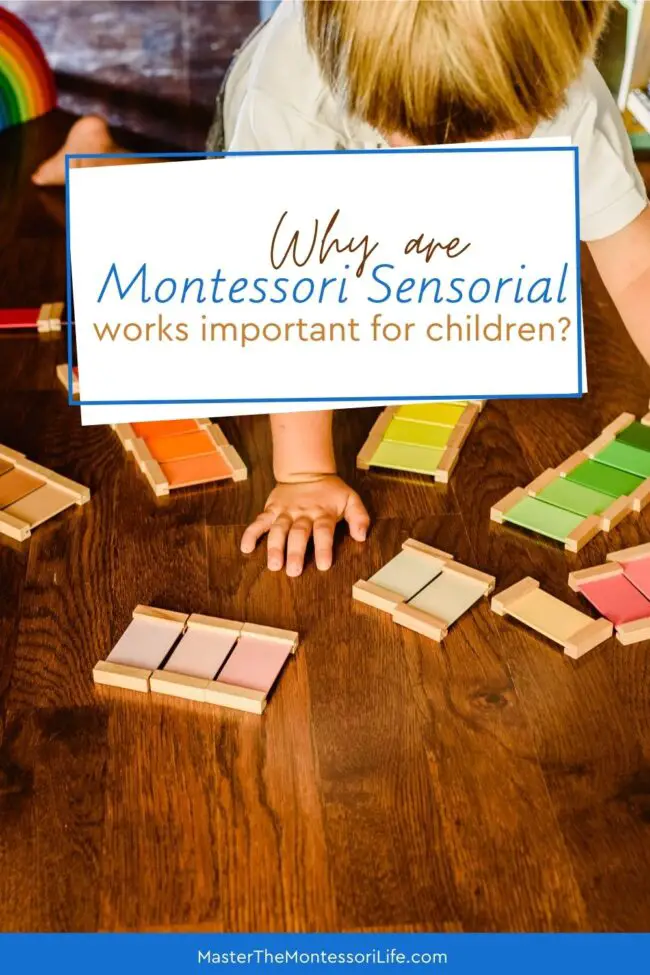
Keep in mind one thing while you are watching or listening to this training. You will be able to gain a great deal more information than what is contained in this blog post.
I truly hope you’ll take the time to watch or listen and take notes.
Hopefully, this will be of assistance to you now and in the future.
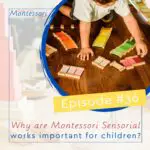
Why are Montessori Sensorial works so important for children?
#1 The five senses must be included because they are vital
The Sensorial subject, according to Dr. Montessori, was extremely important. He conducted countless observations of children to reach this conclusion.
The importance of including it in the Montessori classroom could not be overstated, nor could the importance of having sensorial areas that included activities that targeted all five senses be overstated either.
The five senses are, of course, as follows: sight, smell, touch, taste, and hearing.
You are not required to pay attention to all five senses at all times, but you should keep track of the work you produce so that you can keep them balanced and avoid doing too much of one sense while neglecting the other senses.
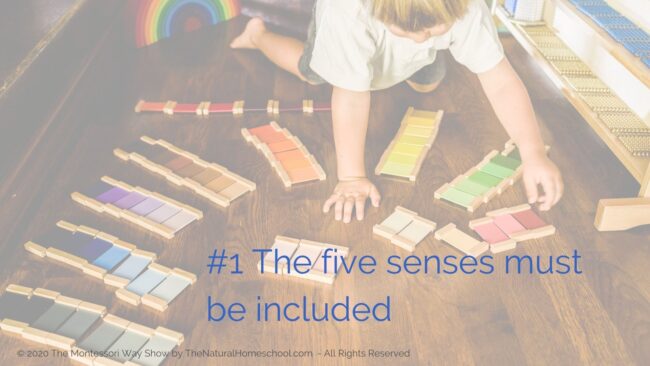
Montessori schools and Montessori activities carried out at home can be very similar.
Everything else is just a matter of keeping track of how many children you are working with and putting out enough works so that each child has an opportunity to work with these Sensorial works.
“The task of the educator lies in seeing that the child does not confound good with immobility and evil with activity.”
Maria Montessori
Kghios Montessori Pink Tower、 Brown Stair and Long Red Rods Sensorial Cards with Wood Box ,Montessori Adena Montessori Wonderfully Sensorial Teaching Toys for Children 2 3 Years Old – Montessori Small Pink
Adena Montessori Wonderfully Sensorial Teaching Toys for Children 2 3 Years Old – Montessori Small Pink Kghios Montessori Tasting Bottle Materials Toys for Toddlers Sensorial Learning Toys Preschool Education Tools
Kghios Montessori Tasting Bottle Materials Toys for Toddlers Sensorial Learning Toys Preschool Education Tools
Why are Montessori Sensorial works so important for children?
#2 Children assimilate the mental and emotional through the physical
When it comes to helping children reach their full potential, Montessori teachers and parents must have a thorough understanding of the Montessori method.
This is due to the fact that children learn best when they are exposed to kinesthetic or hands-on materials.
It has been brought to my attention in previous training sessions that they must first focus on the concrete before moving onto the abstract.
Please refrain from completing paper and pencil (abstract) assignments until they have demonstrated clear mastery of the concrete.
They will demonstrate to you when they are ready to move away from the hands-on Montessori materials on their own accord.
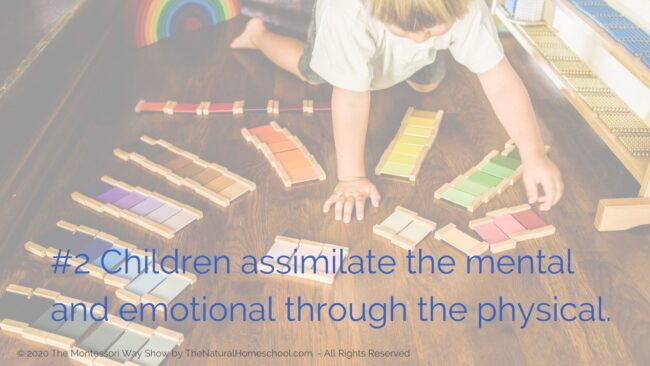
Typically, this occurs at or around the age of six.
So, please allow me to encourage you to continue to support hands-on, kinesthetic, sensory works that are visually appealing and pleasing to the eye.
To keep the Sensorial subject balanced, ensure that each work has a clear goal (or learning objective) and that you visit all nine categories of the Sensorial subject in order to achieve it.
“We shall walk together on this path of life, for all things are part of the universe and are connected with each other to form one whole unity.”
Maria Montessori
New Sky Enterprises Montessori Sensorial Material Knobless Cylinders Kids Wooden Toy (Set of 4) Early Development New Montessori Sensorial Auditory Material – Sound Cylinders Sound Boxes Kids Educational Toys for Todder
New Montessori Sensorial Auditory Material – Sound Cylinders Sound Boxes Kids Educational Toys for Todder BullBallBoll Montessori Sensorial Material Learning Color Tablet Box Wood Preschool Toy
BullBallBoll Montessori Sensorial Material Learning Color Tablet Box Wood Preschool Toy
Why are Montessori sensorial works so important for children?
#3 They refine children’s understanding of the world
Montessori education is unquestionably a brilliant program.
Children’s understanding of the world around them is heavily influenced by their senses, which are essential and quite unique in this regard.
In addition to stimulating and provoking the five senses, sensory materials help refine children’s understanding of the outside world.
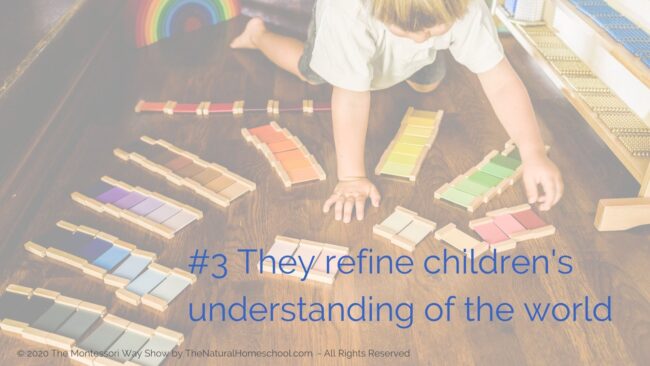
Everyone’s senses should be refined from an early age, and children will reap the benefits of this skill greatly.
Why? Because you will always be present when they are learning about topics such as heat, coldness, colors and color grading, weight differences, and other similar topics, you will be able to observe their progress.
These observations, which are more important than you realize, will provide you with a treasure trove of information on how to set up your environment, what children are ready for, and what they have mastered as a result of them.
“Respect all the reasonable forms of activity in which the child engages and try to understand them.
Maria Montessori
Adena Montessori Touch Tablets – Inspire Sensorial Education and Texture Recognition Sensory Learning and Fine Motor Adena Montessori Binomial Cube Montessori Sensorial Educational Toys for Kids Learning Early Educational Toys
Adena Montessori Binomial Cube Montessori Sensorial Educational Toys for Kids Learning Early Educational Toys Adena Montessori Baric Tablets with Box Montessori Homeschooling Sensorial Materials for Toddlers
Adena Montessori Baric Tablets with Box Montessori Homeschooling Sensorial Materials for Toddlers
Key Takeaways
I know that this training will get you thinking more about including Sensorial works in your Montessori environment.
Make your best effort to always include at least one Sensorial material in The Montessori environment.
Try your best to set up a variety of Sensorial materials in the 9 categories.
Resources mentioned in training
Like I said at the beginning of the show, I have a FB group for all things Montessori that you are welcome to join.
It is called The Montessori Way Prep Room.
If you want to join a homeschool Facebook community, then join The Natural Homeschool Community!
anything else
You May Also Benefit from these Important Montessori Topics:
As you learn more about Master The Montessori Life, you will realize just how much I strive to make your life easier.
I also seek to equip you, to inform you and to give you made-for-you options so you can keep moving forward on your Montessori journey without any speed bumps.
- Teaching Addition the Montessori Way: A Guide to Making Math Engaging for Children
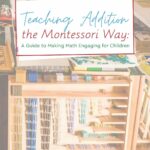 This blog post will explore three key points that outline the Montessori method of teaching addition.
This blog post will explore three key points that outline the Montessori method of teaching addition. - Teaching Sight Words the Montessori Way
 This training will explain how parents and teachers can use the Montessori approach to teaching sight words in an effective and engaging way.
This training will explain how parents and teachers can use the Montessori approach to teaching sight words in an effective and engaging way. - Montessori Art Collection: Set 1 (1300s-1500s) 3-Part Cards
 Introduce your child to the splendor of classic European art with our Montessori Art Set 1 (1300s-1500s) 3-Part Cards.
Introduce your child to the splendor of classic European art with our Montessori Art Set 1 (1300s-1500s) 3-Part Cards.

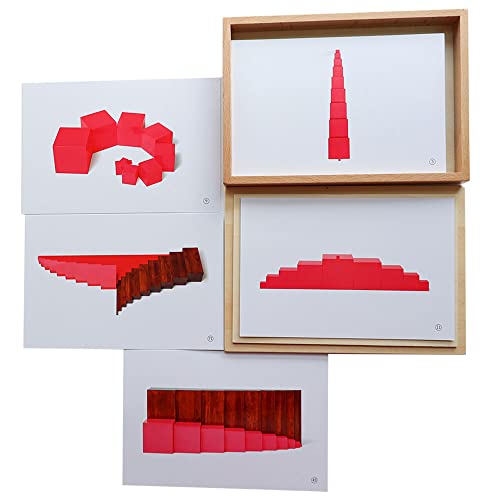






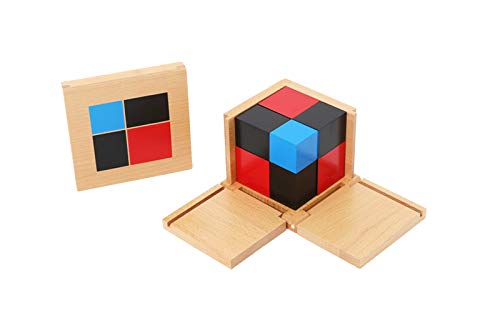

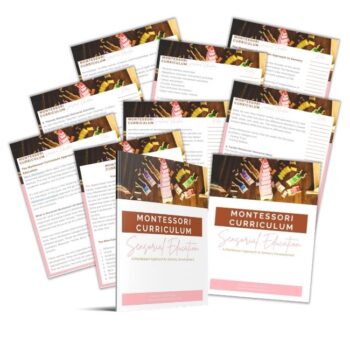
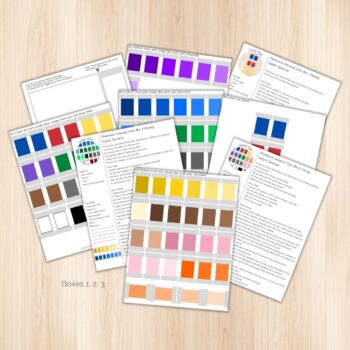
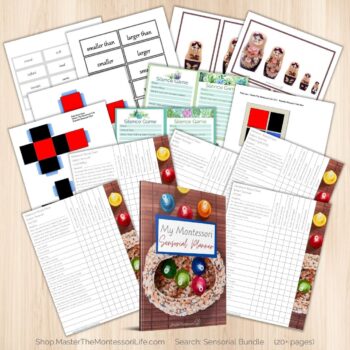
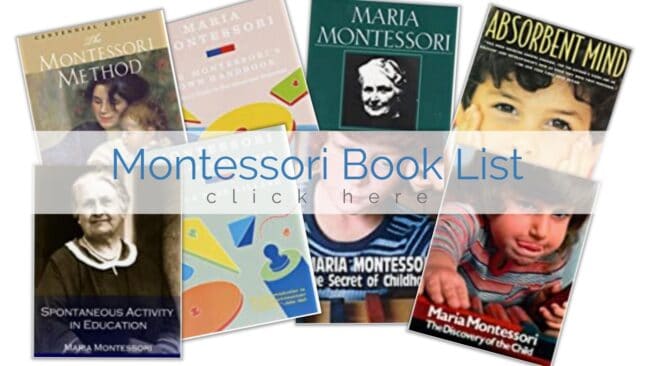

Leave a Reply